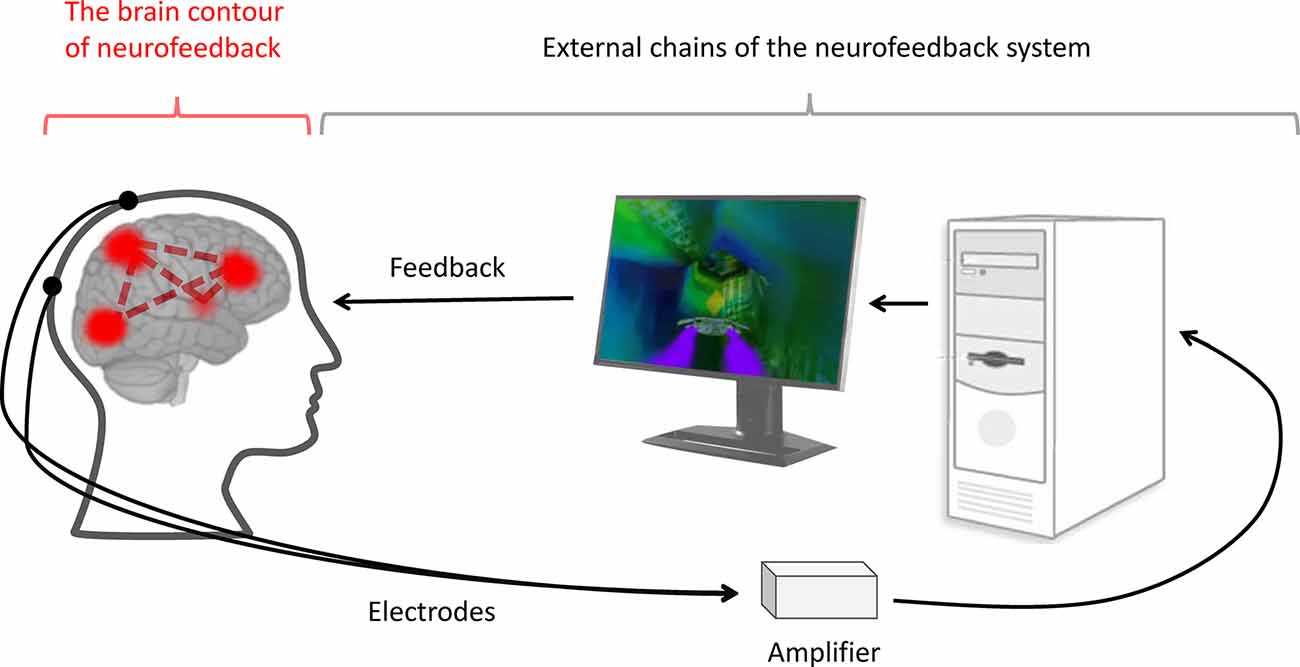Neuro-feedback is an innovative technique that assists individuals manage stress and enhance their mental health. It is founded on the idea that people can discover to control their brain function through real-time feedback. This process involves using electrodes placed on the scalp to monitor brain waves. The information is then shown on a screen, allowing individuals to observe their brain function and implement adjustments to promote relaxation and concentration. By utilizing the power of neurofeedback, people can cultivate better coping strategies for stress and enhance their overall mental health.
One of the primary benefits of neurofeedback is its ability to diminish stress. When individuals experience stress, their brain waves often become disordered, leading to feelings of anxiety and tension. Neurofeedback training helps individuals identify these patterns and learn how to alter their brain activity to a more balanced state. This can be especially helpful for those who battle with anxiety conditions or chronic stress. By engaging in neurofeedback, individuals can develop a greater sense of mastery over their mental state, leading to enhanced emotional regulation and resilience.

In addition to stress reduction, neurofeedback can also improve mental health. Many people claim feeling more focused and invigorated after participating in neurofeedback treatments. This is because the training helps to optimize brain function, allowing individuals to process more clearly and make better choices. Improved focus can lead to increased productivity in academics or work, as well as improved relationships with others. As individuals learn read here to manage their stress and enhance their cognitive skills, they often undergo a boost in self-esteem and overall life satisfaction.
Neurofeedback is not just for those with mental health challenges; it can also benefit anyone seeking to improve their mental performance. Athletes, students, and workers can all use neurofeedback to improve their focus and mental clarity. For instance, athletes may use neurofeedback to improve their focus during competitions, while students can benefit from enhanced attention during exams. By conditioning the brain to function at its optimal, individuals can achieve their goals more efficiently and enjoy a greater sense of achievement.
Overall, neurofeedback is a potent tool for stress control and mental well-being. It offers a unique approach to comprehending and controlling brain function, allowing individuals to seize control of their mental health. As more people learn of the benefits of neurofeedback, it is probable to gain popularity as a valuable resource for enhancing mental performance and fostering emotional resilience. By committing time in neurofeedback training, individuals can unlock their potential and lead healthier, more fulfilling lives.